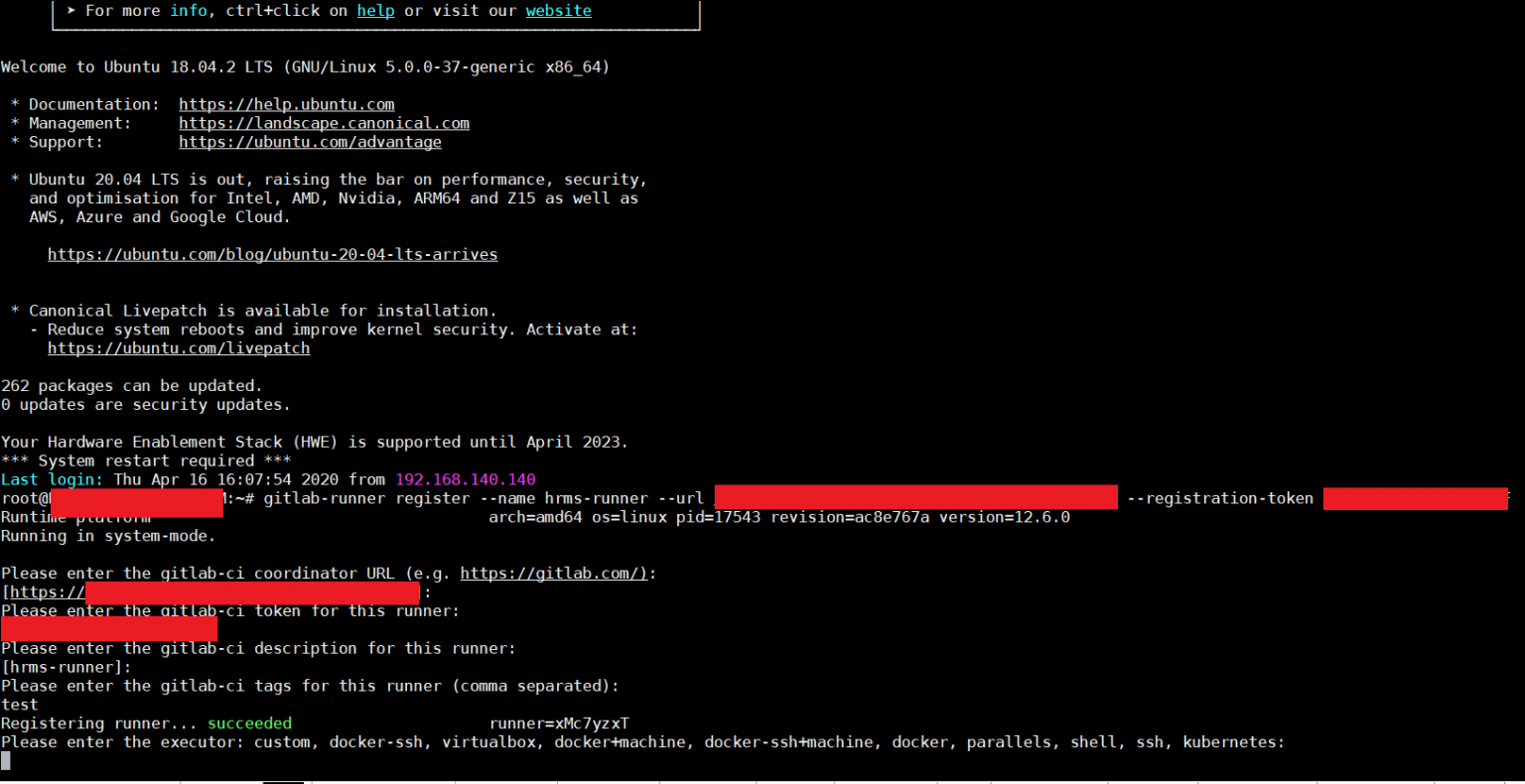

Repeat this process (generate a token, run it from the joining node) for the third node: juju ssh microk8s/0 It may take a few minutes to successfully join: juju ssh microk8s/1

Copy this command and run it from the next node. This will output a command with a generated token. In order to enable HA, generate a token on one of the Microk8s machines for the other machines: microk8s add-node Sudo vim /var/snap/microk8s/current/certs/ Add Microk8s instance IPs to the certificate template file: juju ssh microk8s/0 To use the external IP address to expose the Kubernetes cluster API we need to regenerate Microk8s certificates. Let’s install Microk8s on 3 on the machines: juju run -application microk8s "sudo snap install microk8s -classic -channel=1.19/stable sudo usermod -a -G microk8s ubuntu sudo chown -f -R ubuntu ~/.kube" Then add an inbound rule for all traffic from anywhere: In your AWS console go to EC2 instances, click on one of the Juju default machines, open the “Security” tab and choose the security group you want to edit. Juju run -application microk8s "open-port 16443"īy default, Juju configures closed security groups, so we will need to add a new security rule. You can monitor the deployment with: watch -c juju status -colorĪfter the deployment succeeds you will need to open some ports for GitLab dashboard, container registry, and Kubernetes cluster API and expose those applications: juju run -application gitlab "open-port 80 open-port 443 open-port 5050" Now, let’s deploy the bundle: juju deploy. All of the machines will have 16GB RAM and 40 GB storage: series: bionic This bundle will deploy ubuntu charm to 4 machines. We will set up a high availability Microk8s, but you can simply use 1 machine for testing purposes. We will deploy 1 Gitlab instance and 3 Microk8s machines. You can refer to Juju official documentation to get more information on how to do this.Īfter this you will need to bootstrap your controller: juju bootstrap aws -credential aws In AWS create an IAM user with Administrator access and import the credentials with: juju add-credential aws We will be using Juju operator lifecycle manager (OLM) with an Amazon provider, but you can choose between any other public or private cloud providers and a bare-metal option. Next, you will need to add the credentials for your cloud. You can deploy Juju with: sudo snap install juju -classic


 0 kommentar(er)
0 kommentar(er)
